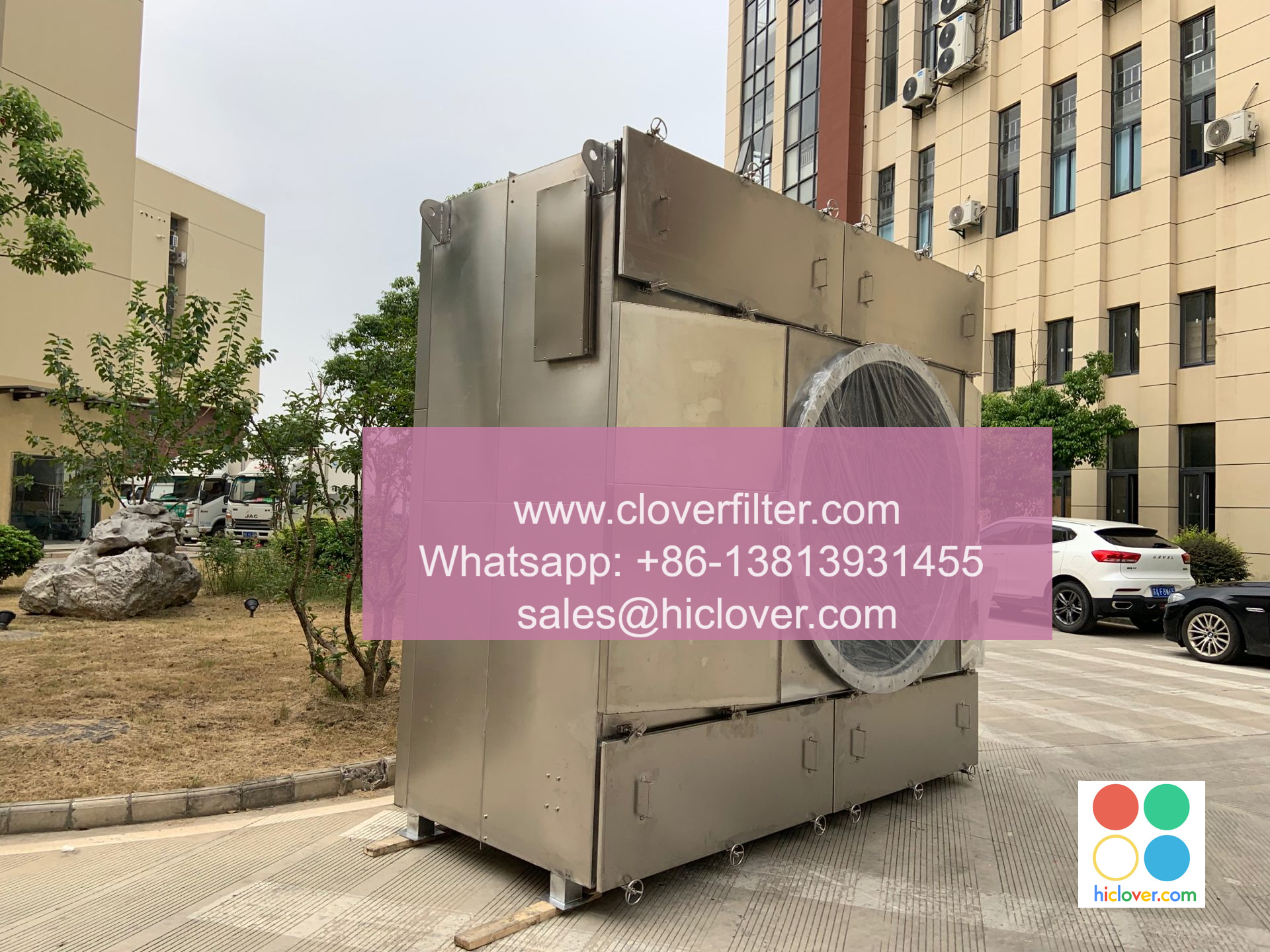The Disadvantages of Using Disposable Air Filters

The Disadvantages of Using Disposable Air Filters: A Deeper Look
Air filters play a crucial role in maintaining indoor air quality by removing pollutants, allergens, and other contaminants. While disposable air filters are a popular choice, they have several disadvantages that may not make them the best option for every situation. In this article, we’ll explore the disadvantages of using disposable air filters and highlight alternative options that may be more effective and sustainable.
Lack of Reusability
One of the most significant drawbacks of disposable air filters is their single-use nature. Once the filter reaches its maximum efficiency, it’s discarded and replaced, which can lead to a significant amount of waste and environmental impact. In contrast, reusable air filters can be cleaned and reused multiple times, reducing waste and the need for frequent replacements.
Higher Total Cost of Ownership
While disposable air filters may seem like a cost-effective option upfront, their limitations can lead to higher total cost of ownership in the long run. The constant need for replacement and disposal can result in significant expenses, particularly for commercial or industrial settings. Reusable air filters, on the other hand, can be cleaned and maintained regularly, reducing the need for frequent replacements and minimizing costs.
Limited Filter Efficiency
Disposable air filters typically have a limited lifespan and can only capture a certain level of pollutants. As their efficiency decreases, they may not effectively remove smaller particles, mold, or viruses, compromising indoor air quality. Reusable air filters, particularly those with advanced filtration technologies, can capture a wider range of pollutants, including smaller particles and even airborne viruses.
Maintenance and Replacement Hassle
Disposable air filters can be a hassle to replace, especially in large commercial or industrial settings. They often require frequent maintenance and replacement, which can divert resources away from more critical tasks. Reusable air filters, on the other hand, are designed to be easy to clean and maintain, minimizing downtime and maximizing productivity.
Potential Health Risks
The use of disposable air filters can also pose health risks, particularly for individuals with pre-existing respiratory conditions. Some disposable filters may release harmful particles into the air, exacerbating conditions like asthma or COPD. Reusable air filters, designed with safety and efficiency in mind, can provide a healthier breathing experience for users.
Conclusion
While disposable air filters may seem like a convenient option, their limitations can lead to increased costs, waste, and potential health risks. Reusable air filters, on the other hand, offer a more sustainable and effective solution for maintaining indoor air quality. By choosing reusable air filters, individuals and organizations can reduce their environmental impact, save money, and ensure a healthier, more productive environment.
I’m happy to help! However, I need a little more information about what you’re looking for. Could you please provide more context or clarify what you mean by “Prompt”? Are you looking for a prompt to generate creative writing, or is there something else I can assist you with?


